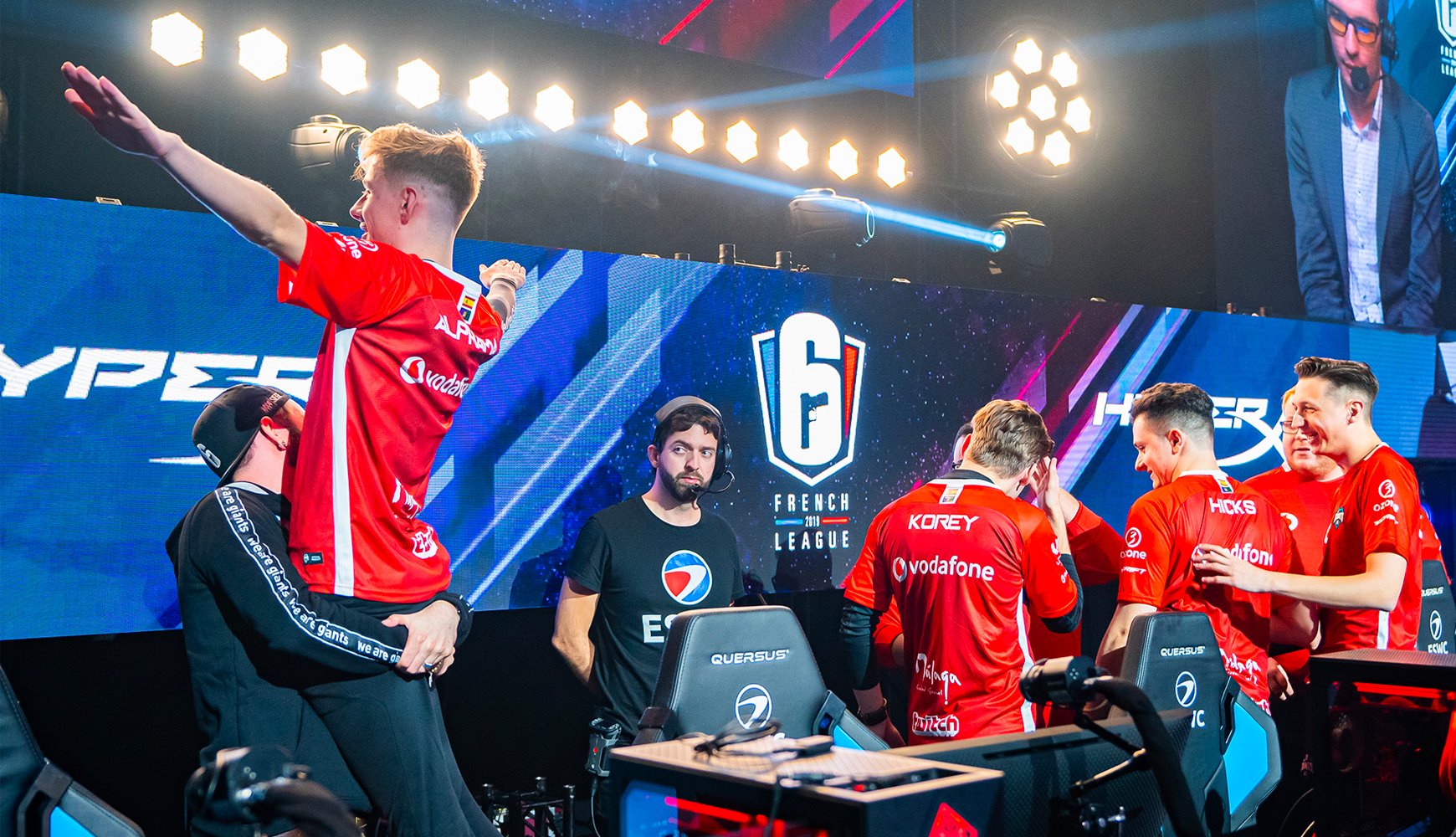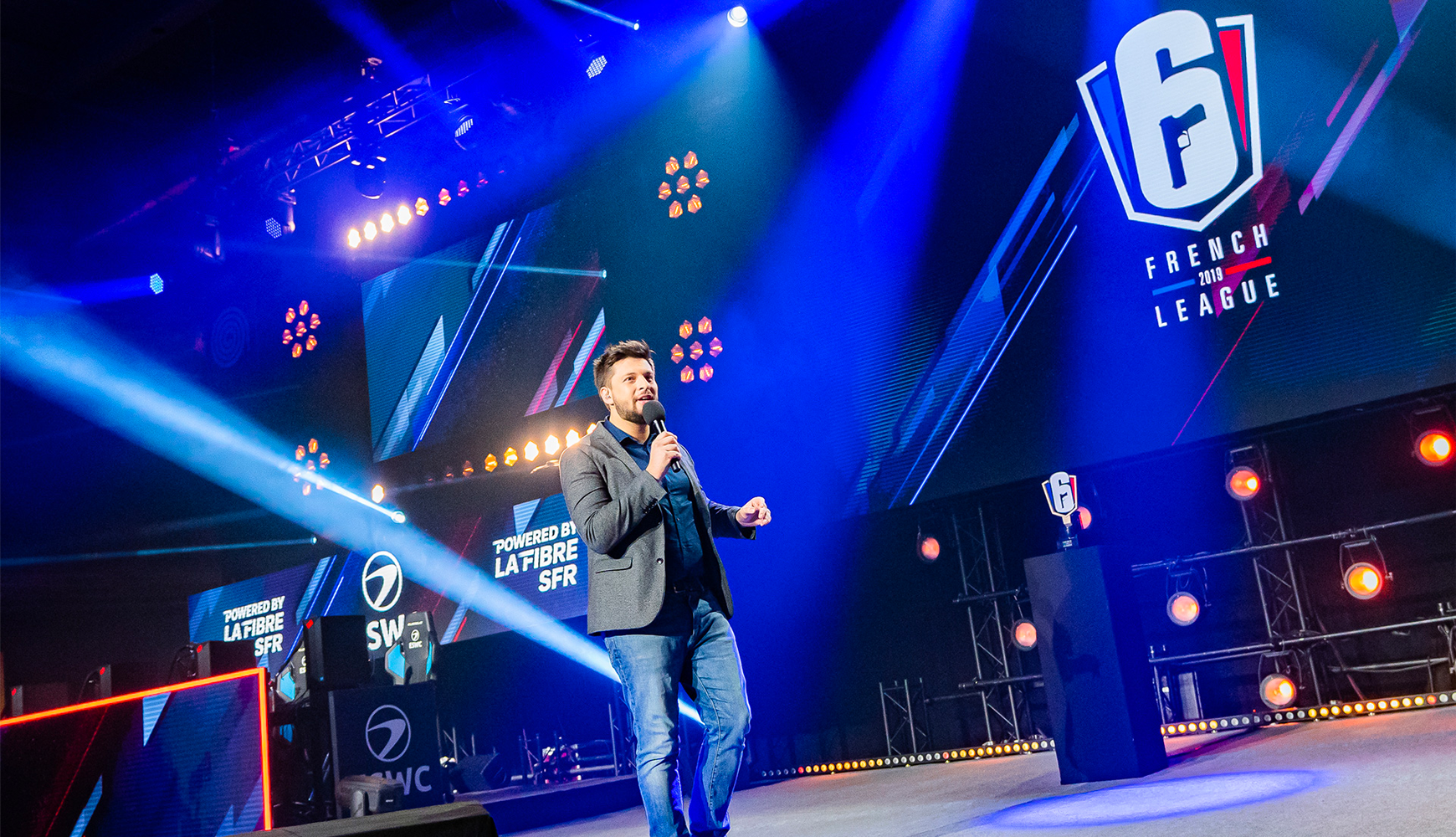November 1, 2022
Esports feels like it’s on the verge of breaking into the mainstream.
In March, for instance, the popular Sky Sports Football YouTube channel live-streamed the entirety of the ePremier League Finals, showcasing games between top FIFA 22 players.
Big-name celebrities have also entered the arena. Usain Bolt is co-owner of Irish esports organisation WYLDE, while Guild Esports – co-owned by David Beckham – continues to snap up the gaming world’s most creative personalities.
The global market is expected to be worth $3.5 billion in 2027, representing a market growth of 21.3% CAGR from 2017, according to forecasts.
In short, there’s a lot of money in Esports. Competitors Team Liquid alone have earned close to $40 million from participating in (and winning) Esports tournaments alone.
Teams and players are fast-becoming the new icons for younger generations who can tune into a tournament from the comfort of their phones, and follow their lives with a click on the ‘Subscribe’ button.
And it’s not only celebrities and brands who have invested early who are reaping the rewards.
The sponsors who are showing commitment to their teams, investing in talent and are sharing their stories are poised to potentially become the next big global sports brands.
Red Bull is a great example of this – they constantly create amazing content across a wide range of channels showcasing their Esports talent, their lives, training regimes, upcoming tournaments and more.
As more brands follow this example and produce interesting, organic human content around their Esports stars and the medium as a whole, the industry stands a greater chance of entering the wider public consciousness much quicker.
What does that mean for Esports in the coming years?
Such rapid industry growth, financial backing, celebrity interest and brand investment means that the future of Esports looks incredibly healthy.
The key thing about Esports that will secure its future for years to come, though, is the sheer accessibility of gaming – especially on free-to-play Esports titles such as League of Legends and Fortnite.
Anybody can pick up a controller right now and get involved.
That means the options brands have to find and create talented Esports teams from pools of local and international players will be potentially unprecedented.
Again, the sheer accessibility of gaming means that Esports could become mainstream sooner rather than later.
Brands looking to invest early and get a head start on their competitors could be looking at ways to do so now.
That also extends to promotional work, to help teams create content around their players’ personalities that helps them to connect to new audiences and build targeted followings.
We believe that’s where the immediate future of Esports lies; again, thanks to the incredible accessibility offered by the medium.
One of the best ways Esports teams can boost their profiles and build new audiences, too, is through branded roadshows that bring skilled players to new areas, and hosts competitions where the public can game one-on-one with their Esports heroes.
That can also extend to gaming trade shows and events; experiential activations; live streaming from exhibitions and much more besides, to become a real Esports tour-de-force.

